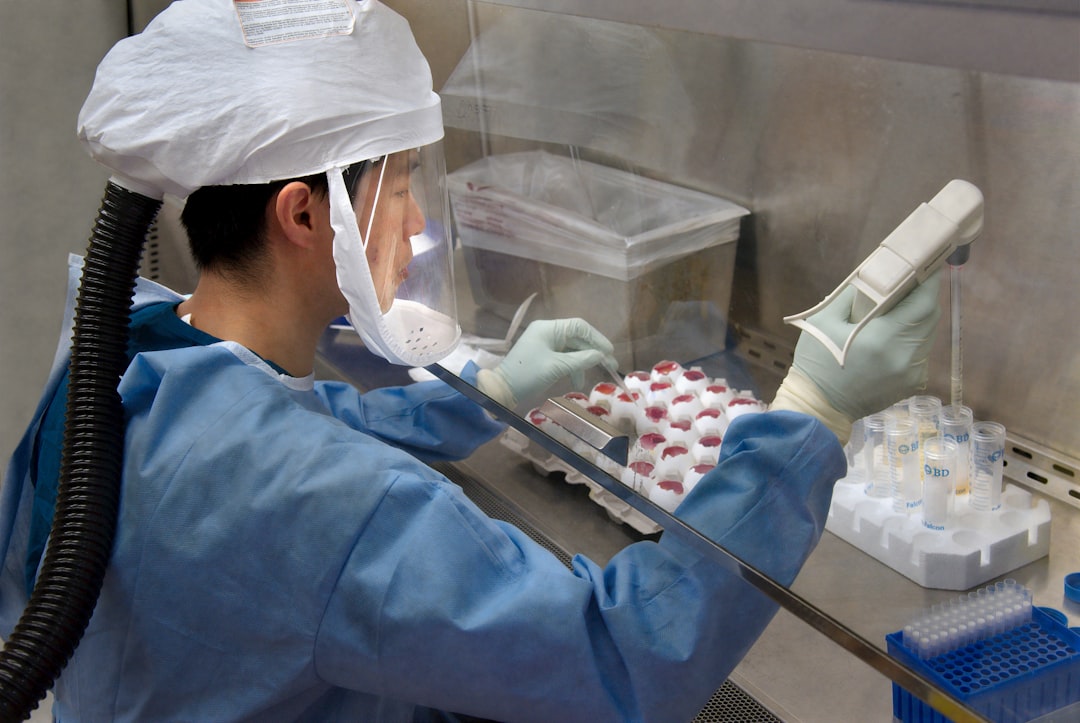Miracle Cures or Corporate Power? The Troubling Truth Behind “Breakthrough” HIV Drugs
“Science saves lives.”
That’s the rallying cry every time a new, headline-grabbing medication wins government approval. The recent hue and cry over an HIV drug—brainchild of an academically acclaimed biochemist—highlights our society’s complicated romance with scientific progress. But before we hail laboratories as modern temples and researchers as secular saints, critical questions demand our attention: Who profits? Who’s left behind? And at what cost does the FDA bestow its stamp of safety?
The Hero Narrative: Science as Savior
From Jonas Salk and the polio vaccine to today’s gene-editing marvels, the cultural imagination prizes the individual scientist, often portrayed as a lone genius laboring in obscurity. The University of Utah’s biochemist, whose work underpins this latest HIV drug, fits neatly into this narrative.
But the true picture is less heroic and far more complex.
| Popular Myth | Reality |
|---|---|
| Breakthroughs emerge from solo geniuses | Most drugs result from team efforts, corporate funding, and decades of incremental progress |
| New medicines are overnight miracles | The process is slow, fraught with failure, and shaped by profit motives |
| FDA approvals guarantee public benefit | Regulatory decisions often walk a tightrope between corporate lobbying and real-world need |
The FDA: Gatekeeper or Accomplice?
The U.S. Food and Drug Administration is meant to protect the public. But the path from university lab bench to pharmacy shelf is pockmarked with ethical minefields:
Fast-tracking for Whom?
Accelerated approvals can mean desperately needed treatments reach patients sooner—but also invite criticism that standards are being lowered to please pharmaceutical giants and Wall Street.Pricing and Access
A breakthrough drug is only miraculous if people can afford it. The U.S. remains a global outlier in drug prices, with HIV medications costing tens of thousands a year.Data Transparency
Many clinical trial results remain unpublished or inaccessible. Is the FDA policing this, or bowing to industry secrecy?
A Legacy of Exclusion
History reveals that medical progress can deepen inequality as easily as it erases it. The early days of HIV/AIDS treatment saw marginalized communities—especially Black, Latino, and LGBTQ+ individuals—overlooked in clinical trials and drug outreach. Has the system changed, or are we still repeating old mistakes under new branding?
| Perspective | Merits | Pitfalls |
|---|---|---|
| Biochemist/Researcher | Passion for discovery, potential for cures | Incentivized by patents, grants, and prestige |
| Pharmaceutical Industry | Investment, scale, global reach | Price-gouging, aggressive lobbying |
| Activist/Advocate | Drives accessibility, questions power | Sometimes mistrusts real innovation |
| Regulators (FDA) | Public safety watchdog | Susceptible to lobbying, revolving door phenomenon |
The Elephant in the Lab: Public vs. Private Good
What few want to admit: Most university biomedical research is substantially taxpayer-funded. Yet, when discoveries become drugs, private companies control pricing, distribution, and profits—even as their windfall is built on public investment. This uneasy alliance fuels decades of debate:
- Do drug patents stoke innovation or just enrich shareholders?
- Should life-saving medications be global public goods instead?
- Is it ethical to celebrate American scientific triumphs while the rest of the world waits years—or decades—for affordable access?
Uncomfortable Surprises
- Most new drugs offer marginal benefit over older, cheaper therapies—but are priced much higher.
- Pharmaceutical lobbying outspends all other industries in Washington D.C.
- Drug-resistant HIV strains are rising globally—but research on non-profitable regions and populations lags.
The Bigger Picture
Science isn’t a holy grail. It’s a human endeavor—messy, politicized, full of compromise. The debut of every new drug is a cultural Rorschach test: Do we see hope, hubris, or hypocrisy?
Whatever your answer, one thing is clear: The debate over who benefits—and who pays—has only just begun.
This article was inspired by the headline: 'FDA approves HIV drug based on University of Utah biochemist's findings - KSL.com'.

Comments
No comments yet. Be the first to comment!